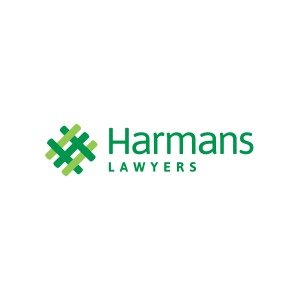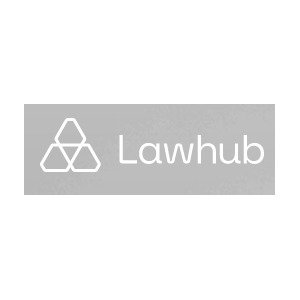Best Land Use & Zoning Lawyers in Christchurch
Share your needs with us, get contacted by law firms.
Free. Takes 2 min.
Free Guide to Hiring a Real Estate Lawyer
List of the best lawyers in Christchurch, New Zealand
About Land Use & Zoning Law in Christchurch, New Zealand
Land Use and Zoning Law in Christchurch, New Zealand primarily focuses on controlling the use of land and buildings within specific regions throughout the city. These laws are established by the local government and aim at urban planning, preserving property values, and ensuring the compatibility of adjacent land uses. They also remain central to mitigating environmental harms and maintaining the character of the community. The City Plan is a critical document that outlines zoning regulations and land use rules in Christchurch.
Why You May Need a Lawyer
In many instances, you may require legal assistance for Land Use & Zoning laws. If you're planning to develop a property that doesn't conform to the existing laws, or if your proposed project has been denied by the council, an experienced lawyer can help. They can assist in appealing the decision, applying for variances, or negotiating with the relevant departments. Lawyers are also beneficial for understanding complex legislation, defending against land use controls enforcement, or any rezoning issue.
Local Laws Overview
One of the key regulators of land use in Christchurch is the district plan, which establishes various zones throughout the city, each with its unique rules regarding the types of allowable activities, building restrictions, and land development norms. The city is divided into residential, commercial, rural and special purpose zones. Comprehensive laws are also in place to protect heritage buildings, significant landscapes and ecological areas. Any development proposals must adhere to the Resource Management Act 1991, which involves obtaining necessary permissions and consents from the council.
Frequently Asked Questions
What does zoning mean?
Zoning is a planning control tool for urban areas. It regulates the types of activities that can occur in a particular area or zone within the city.
Can the zoning of a property be changed?
Yes, but it involves an active process with the city council and may require satisfying several conditions. It usually includes processes like a zone change application, community consultation, and council review.
What is a resource consent?
A resource consent is a permit from the council, granting the holder permission to carry out activities that may not comply with the rules of the district plan.
What penalties can be imposed for violating zoning laws?
Penalties can range from fines to mandatory corrective actions, or even imprisonment in severe cases. Non-compliance can also lead to future difficulties in obtaining building consents or selling the property.
What is the role of a Land Use & Zoning lawyer?
These lawyers usually assist clients in understanding and navigating complex land use laws, securing necessary approvals and permits, and representing clients in case of zoning disputes or enforcement actions.
Additional Resources
The key resource for understanding Land Use & Zoning is the Christchurch City Council's website, which contains a wealth of information on district plans, zoning maps and application processes. Organizations such as the Environmental Defence Society (EDS) and Quality Planning also provide resources related to environmental and planning law.
Next Steps
If you need legal assistance, it's recommended to consult with a lawyer specializing in Land Use & Zoning laws. Before the consultation, gather all relevant documents and details regarding your land or proposed development, and prepare a list of questions you might have. This will help the lawyer understand your situation and provide accurate advice.
Lawzana helps you find the best lawyers and law firms in Christchurch through a curated and pre-screened list of qualified legal professionals. Our platform offers rankings and detailed profiles of attorneys and law firms, allowing you to compare based on practice areas, including Land Use & Zoning, experience, and client feedback.
Each profile includes a description of the firm's areas of practice, client reviews, team members and partners, year of establishment, spoken languages, office locations, contact information, social media presence, and any published articles or resources. Most firms on our platform speak English and are experienced in both local and international legal matters.
Get a quote from top-rated law firms in Christchurch, New Zealand — quickly, securely, and without unnecessary hassle.
Disclaimer:
The information provided on this page is for general informational purposes only and does not constitute legal advice. While we strive to ensure the accuracy and relevance of the content, legal information may change over time, and interpretations of the law can vary. You should always consult with a qualified legal professional for advice specific to your situation.
We disclaim all liability for actions taken or not taken based on the content of this page. If you believe any information is incorrect or outdated, please contact us, and we will review and update it where appropriate.

















